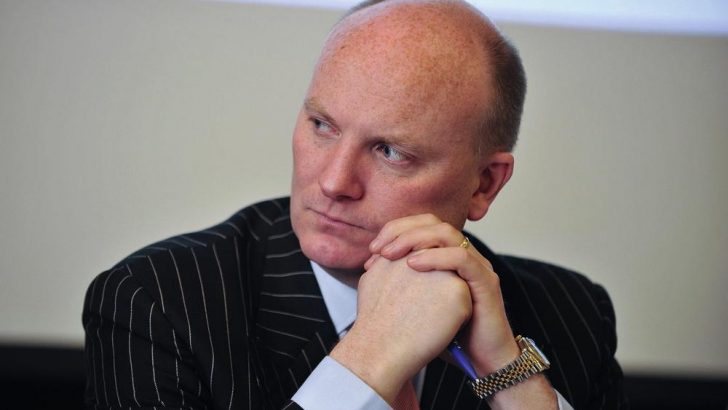A high court judge has said Catholic businessman Declan Ganley’s case against Covid-19 restrictions on Mass is now moot as the restrictions have lapsed.
Mr Justice Charles Meenan said May 18, when the case was mentioned before him, that he sees no point in setting a hearing date for Mr Ganley’s case, according to The Irish Times.
The case is next up for mention June 22, while the judge called for receive submissions from the sides concerning the action being moot and on costs issues.
In response to the statement that the case is moot, the Co. Galway businessman’s counsel Mr Neil Steen SC, said Mr Ganley has been very prejudiced by how the State has gone about the litigation.
When the case was initiated last November, the court directed Mr Ganley’s application for leave to bring it should be on notice to the State and put it back to December, Mr Steen said.
The temporary measures then in force had lapsed by then but the State agreed it would not raise the issue of mootness and the case proceeded on that basis, he continued.
As the State took some four months to put in its evidence, the regulations which replaced the ones initially challenged had also lapsed, counsel said.
Rights
He urged that the case raises important issues concerning rights under the Constitution and European Convention on Human Rights (ECHR), which deserve to be addressed.
Caren Geoghegan BL, for the State respondents, confirmed they previously agreed not to raise mootness and were not changing their position in that regard. The State has written to Mr Ganley’s side making points about the vaccine rollout and that there is now no restriction on religious worship, she added.
Declan Ganley began his case last November, when he sought leave to bring judicial review proceedings against the Minister for Health, with Ireland and the Attorney General as notice parties.
Mr Ganley, a practising Catholic, claims that as a result of the restrictions, he cannot leave his home to attend Mass in breach of the State’s guarantee of the free practice of religion in Article 44 of the Constitution.


 Ruadhán Jones
Ruadhán Jones Declan Ganley
Declan Ganley 